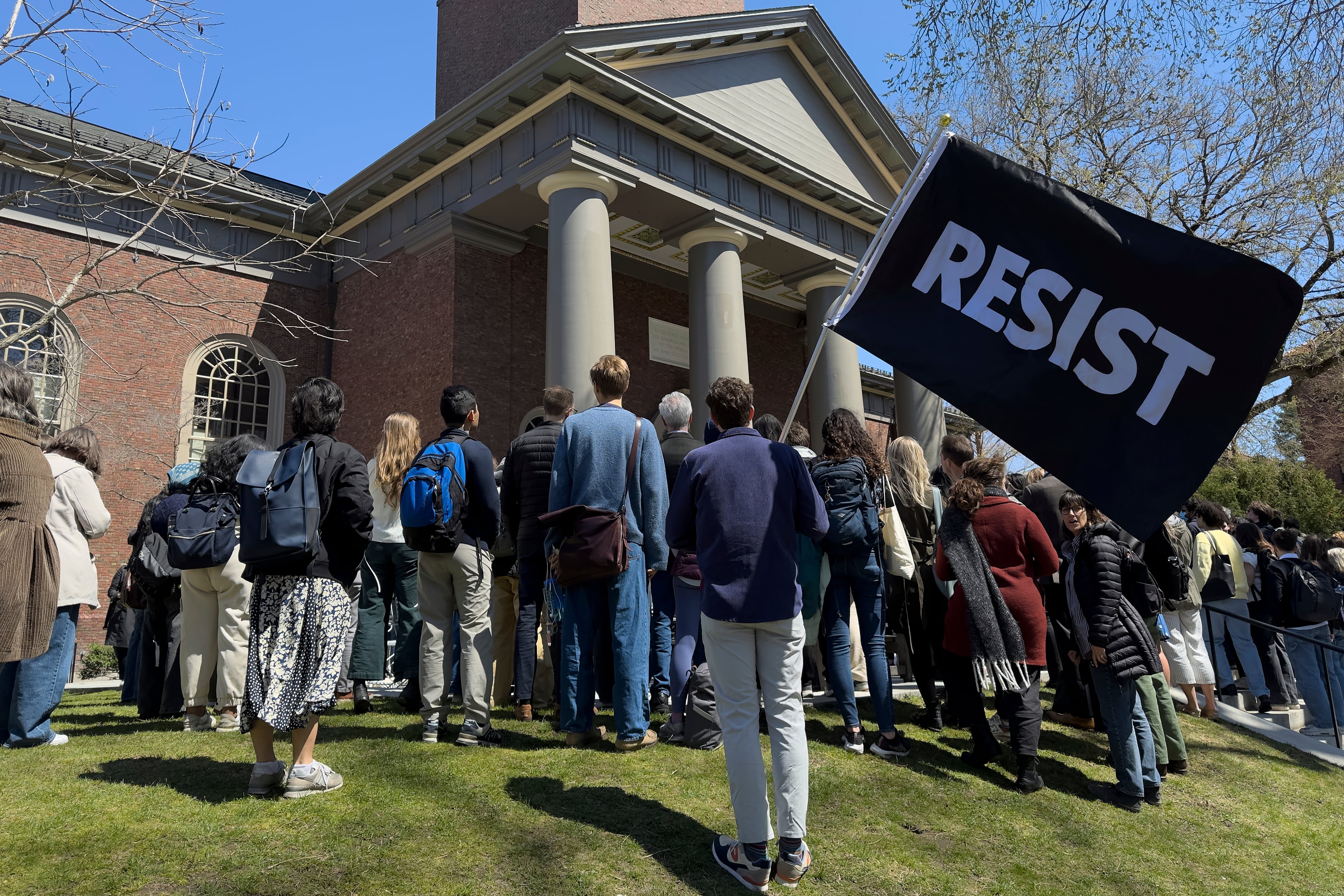WASHINGTON — President Donald Trump says he will “very shortly” announce his decision on U.S. participation in the landmark 2015 nuclear deal with Iran, as aides prepared for an end-of-the-week rollout.
Trump has until Sunday to notify Congress whether Iran remains in compliance with the accord under which it limited its atomic program in exchange for sanctions relief. A congressional source and a non-governmental source familiar with the matter said the White House was looking at a Friday announcement after scrapping a tentative plan for Thursday.
Speaking at the White House on Wednesday, Trump did not discuss specific timing but told reporters: “You’re going to see very soon. We will be announcing that very shortly.”
Officials familiar with the internal deliberations as well as informed sources outside the administration say they expect Trump to tell lawmakers that the Iran deal is not in the U.S. national security interest despite Iran’s technical compliance. However, they do not believe he will go beyond that and call for Congress to reinstate nuclear sanctions that were lifted as a result of the deal.
Instead, these officials said Trump is more inclined to throw the matter to Congress and push legislators to amend the law that requires the president to certify Iran’s compliance every 90 days. Even more than the actual deal, Trump detests the certification requirement, which forces him to sign off every three months on an accord he has called the worst deal ever negotiated by America, according to the officials.
The officials discussing the details and timing of the announcement spoke on condition of anonymity because they were not authorized to publicly discuss internal deliberations.
Republican legislators recently began drawing up new versions of the law that remove the 90-day timetable and replace it with “semi-annual” certifications, according to the officials.
Drafts of two proposals seen by The Associated Press, one from Senate Foreign Relations Committee chairman Bob Corker and one from committee member and harsh deal critic Sen. Tom Cotton, would expand the U.S. certification criteria to include items that are also the province of the U.N. nuclear watchdog and require the U.S. intelligence community to determine if Iran is carrying out illicit activity in facilities to which the International Atomic Energy Agency does not have access.
The certification would also demand that the intelligence community produce judgments on a wide range of Iranian behavior that is not covered by the nuclear deal, including ballistic missile testing and development, support for Lebanon’s Hezbollah movement and Syrian President Bashar Assad, threats to Israel and the Mideast more broadly, according to the drafts.
As the legislative process grinds on with an eye to a January deadline by which the administration must decide whether to further extend sanctions relief to Iran, Trump is also expected to instruct his national security team to step up pressure on the parties to the agreement to fix what he and deal opponents believe are its most serious deficiencies.
Those faults, according to Trump and other officials, include the fact that several restrictions on advanced nuclear activity expire under so-called “sunset clauses,” which permit Iran to begin ramping its enrichment capabilities up after 10 years as well as drop an arms embargo and ease restrictions on missile activity.
While Iran and the other parties have said the deal is not open for renegotiation, at least one party, France, has signaled a willingness to explore additional arrangements to resolve the concerns. Iran has said it is open in principle to further discussions, particularly with Europe, but has said its missile program is non-negotiable.




